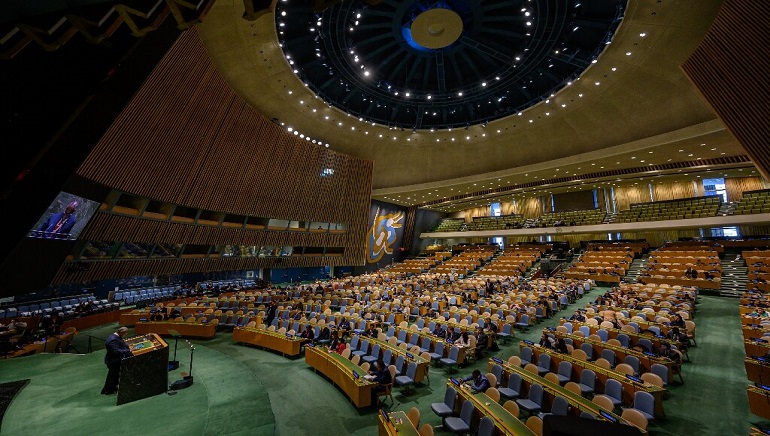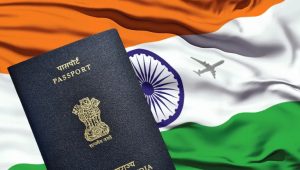The United Nations General Assembly on 29 March adopted a resolution by the tiny Pacific nation of Vanuatu to ask the world’s top court for an opinion on the legal obligations of countries to protect current and future generations from climate change. The resolution should make it easier to hold polluting countries legally accountable for failing to tackle the climate emergency.
In a vote which was hailed as a historic victory for climate justice, the UN General Assembly adopted by consensus the resolution spearheaded by Vanuatu, a tiny Pacific island nation vulnerable to extreme climate effects, and youth activists to secure a legal opinion from the International Court of Justice (ICJ) to clarify states’ obligations to tackle the climate crisis – and specify any consequences countries should face for inaction.
“Today, we have witnessed a win for climate justice of epic proportions,” said Ishmael Kalsakau, Prime Minister of Vanuatu. “Today’s historic resolution is the beginning of a new era in multilateral climate cooperation, one that is more fully focused on upholding the rule of international law and an era that places human rights and intergenerational equity at the forefront of climate decision-making.”
The resolution, backed by a slew of states including Singapore and adopted by consensus – that is, without a vote – asks the International Court of Justice (ICJ) to clarify the obligations of big polluters in terms of the human rights of those affected by the impacts of greenhouse gas emissions. It applies particularly to vulnerable, poorer nations, including low-lying island states which, although they are among the least responsible for the climate crisis, are the most threatened by more intense storms and rising sea levels.















